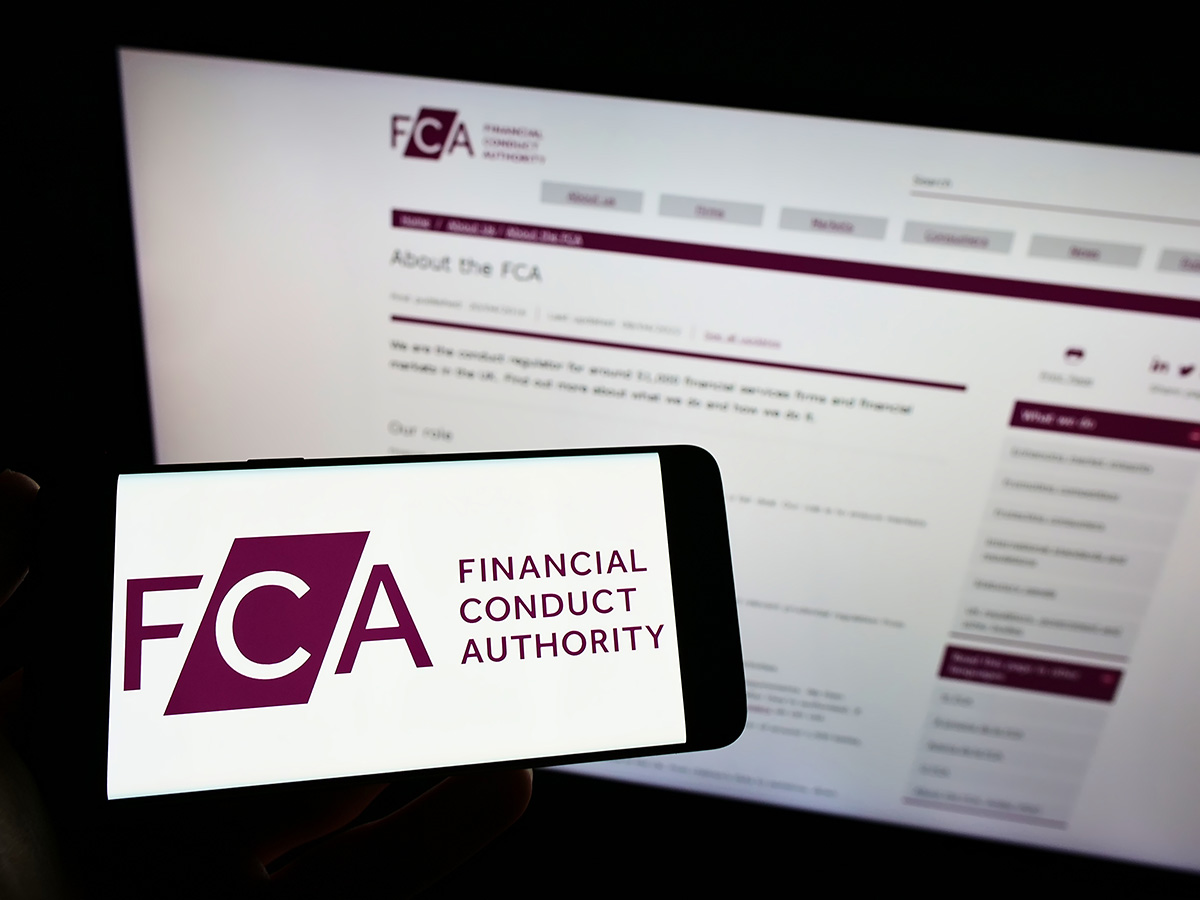We have updated our Privacy Policy, click here for more information.
Thank you

Published: March 22, 2024
The Financial Conduct Authority (FCA) has escalated its call to action for Annex 1 financial institutions, urging them to strengthen their anti-money laundering (AML) efforts and ensure compliance with UK Money Laundering Regulations (MLRs). In a recent communication addressed to CEOs of these institutions, the FCA identified critical weaknesses requiring immediate attention and resolution.

Many Annex 1 firms displayed disparities between their registered and actual operational activities, indicating a need for accurate reporting. Financial crime policies often lag behind business growth, posing risks to compromised AML controls. Firms must prioritise continuous reviews and enhancements of their AML frameworks to mitigate risks associated with evolving business models.

Scrutiny extended to the adequacy of risk assessments conducted by Annex 1 firms, encompassing both business-wide risk assessments (BWRAs) and customer risk assessments (CRAs). BWRAs frequently lacked depth and clarity, hindering firms’ ability to identify specific financial crime risks. Similarly, CRAs exhibited deficiencies, with some firms relying on generic risk assessments that overlooked individual customer profiles. The FCA emphasised the importance of tailored risk assessments to facilitate a targeted approach to AML compliance.

An examination of AML policies and procedures uncovered significant gaps, particularly during client onboarding. Policies lacked specificity and failed to offer clear guidance on due diligence requirements. The FCA stressed the necessity for comprehensive, updated policies to adhere to MLRs and mitigate regulatory risks. Annex 1 firms are encouraged to invest in enhancing due diligence practices and monitoring mechanisms to effectively address evolving financial crime challenges.

Deficiencies were identified in governance structures, management oversight, and staff training related to financial crime prevention. Inadequate resources, insufficient training, and unclear audit trails were among the key concerns highlighted by the regulator. Recognising the pivotal role of senior management in driving AML compliance, the FCA underscored the importance of designated compliance personnel and independent audit functions. Annex 1 firms are advised to prioritise governance enhancements and staff training to bolster their resilience against financial crime risks.
Annex 1 Firms are mandated to conduct assurance activities to ensure alignment of their Financial Crime frameworks with their risk profiles and MLR requirements. As part of this process, the FCA expects Annex 1 Firms to conduct a thorough gap analysis within six (6) months, promptly addressing any identified gaps.
The FCA has cautioned that it may request information about these assurance projects in the future, including methodologies and outcomes. Failure to provide satisfactory information or meet regulatory standards may lead to regulatory intervention to manage the Financial Crime risk posed.
First Derivative specialises in offering tailored solutions to address AML weaknesses and enhance compliance frameworks for our clients. Through comprehensive gap analysis and targeted remedial actions, First Derivative can identify vulnerabilities and provide recommendations for effective solutions.
Please feel free to contact us for further discussion on how we can assist you in navigating these financial crime obligations.

Danielle Marley
Client LifeCycle Management Analyst
First Derivative – Business Services
First Derivative LinkedIn profile

Michael Pucci
Practice Manager
First Derivative – Business Services
First Derivative LinkedIn profile

Kody McDowell
Client LifeCycle Management Analyst
First Derivative – Business Services
First Derivative LinkedIn profile